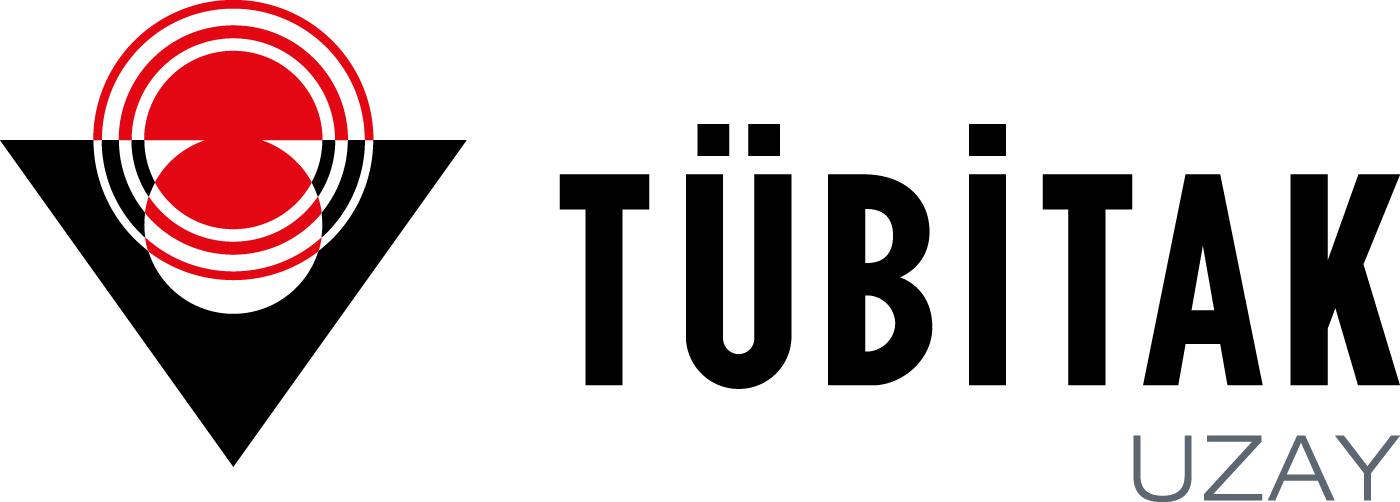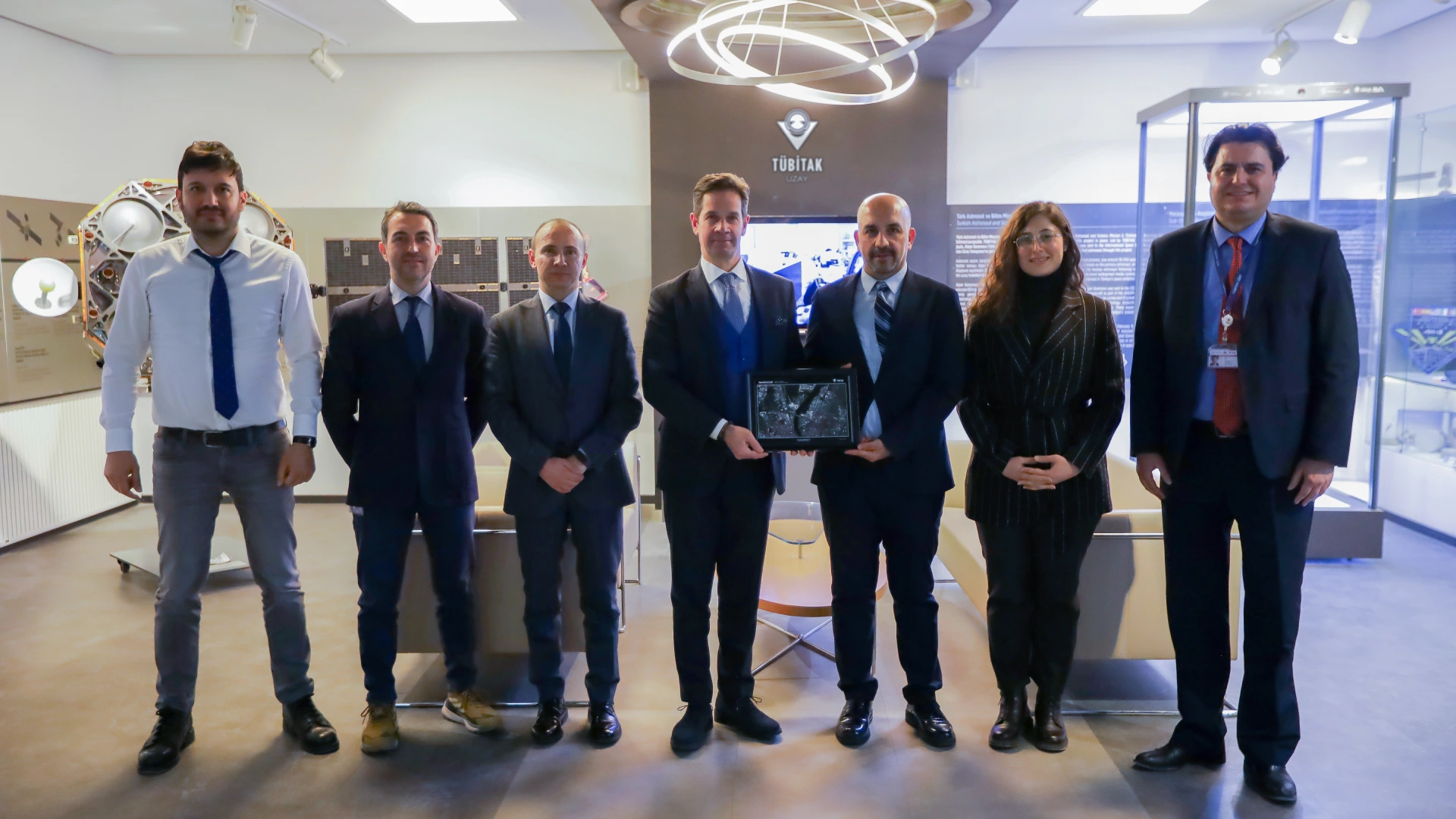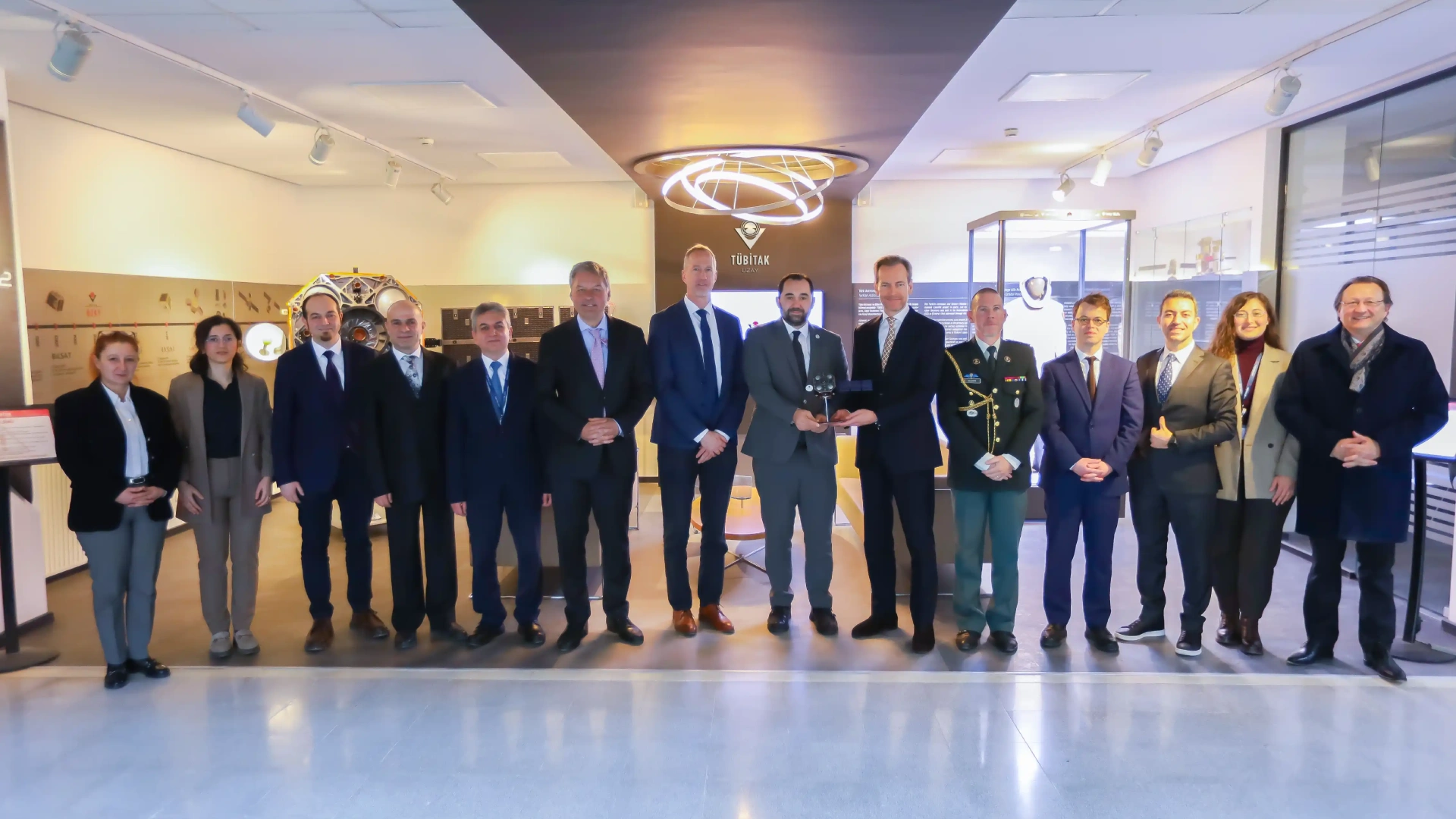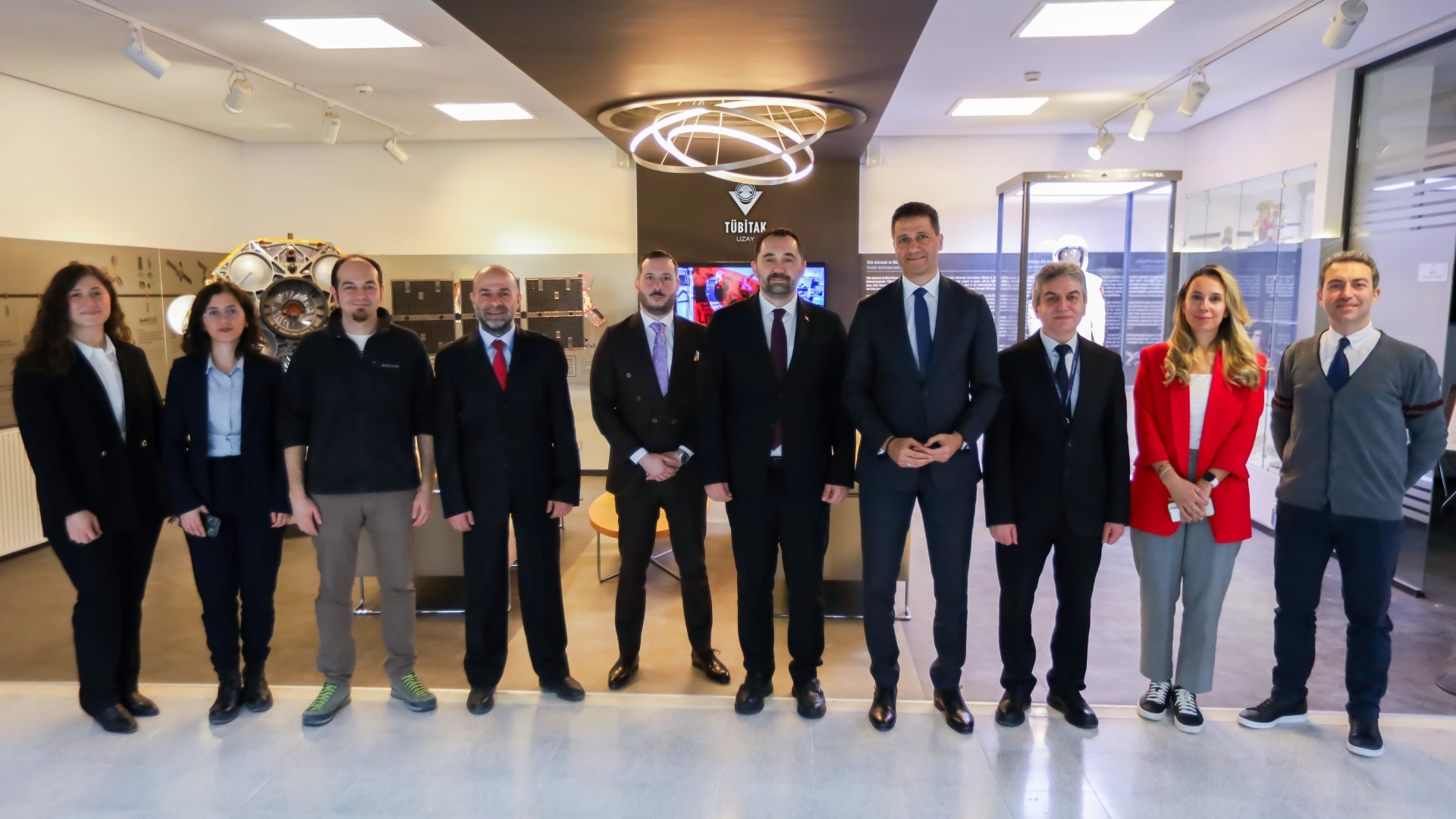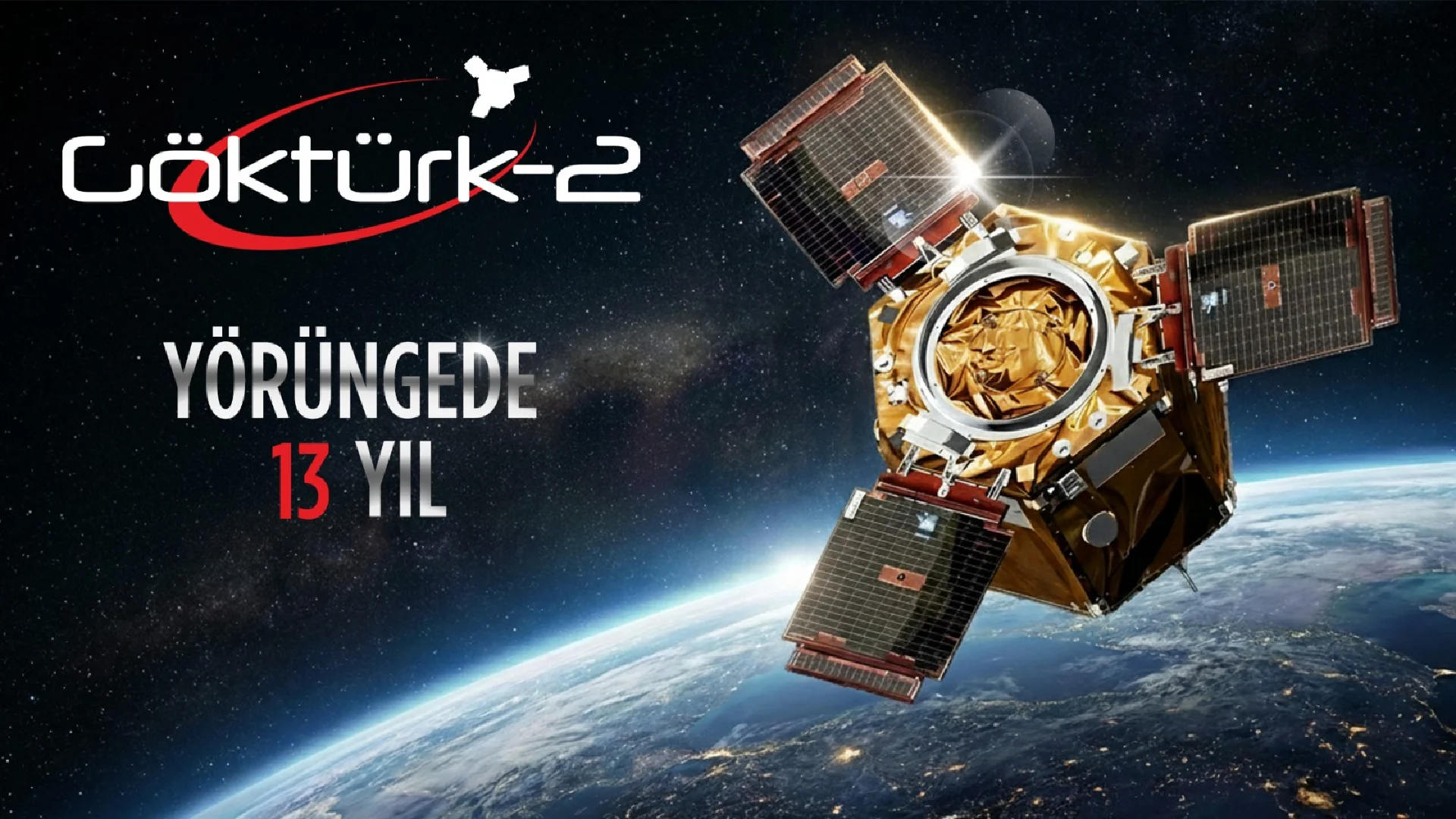Our first astronaut Alper Gezeravcı started his space journey on January 19, 2024 at 00.49 as part of a science mission!
Within the scope of the Turkish Astronaut and Science Mission Project carried out by TÜBİTAK UZAY, the Falcon 9 Rocket carrying the first Turkish Astronaut Alper Gezeravcı was successfully launched from the Kennedy Space Center in Florida.
In the Planetariums established under the coordination of the Ministry of Industry and Technology, TUBITAK and TUA, live broadcasts were made to convey this historic moment. In Ankara, Dr. Sadık Murat Yüksel and Can Bayraktar from TÜBİTAK UZAY, and in the live broadcast from Istanbul, Dr. Burak Yağlıoğlu from our Institute conveyed the developments moment by moment.
President Recep Tayyip Erdoğan released a video message about the space journey of the first Turkish astronaut Alper Gezeravcı. Erdoğan stated that with Alper Gezeravcı's space journey, they have achieved one of the goals of the National Space Program.
Mehmet Fatih Kacır, Minister of Industry and Technology, Prof. Dr. Hasan Mandal, President of TÜBİTAK, Yusuf Kıraç, President of TUA, shared the excitement there and the importance of the science mission, while Mehmet Nefes, Institute Director of TÜBİTAK UZAY, shared the latest information obtained in the live broadcast from our Earth Station.
During the launch, which we followed together with our Institute staff, a countdown was enthusiastically performed in unison. In addition, the moment of launch was celebrated with great enthusiasm both in planetariums and squares.
"The Future is in the Skies"
After the successful launch of the Falcon 9 rocket, the Dragon capsule continues its journey with its 4 crew members. Astronauts will spend 14 days in space after a journey that will take about 1.5 days. Alper Gezeravcı gave his first message from space right after the launch and said, "I would like to start this moment with the brilliant words of our great ancestor: 'The future is in the skies'."
From the moment the launch began, scientific studies have also begun. The astronauts, who will spend 14 days on the International Space Station, will carry out 13 experiments in microgravity that will cover a wide range of scientific diversity in the fields of biological / biotechnological, physical, technological and human research. The studies will be carried out in coordination with TÜBİTAK UZAY, Axiom Space and NASA.
After the completion of the mission, the astronauts will leave the station in the Dragon capsule. After entering the atmosphere, the capsule will open its parachutes and land in the ocean off Orlando.
The Ax-3 mission also includes mission leader Michael Lopez-Alegria, representing the United States and Spain; Pilot Walter Villadei of the Italian Air Force; and Marcus Wandt of Sweden, representing the European Space Agency.

